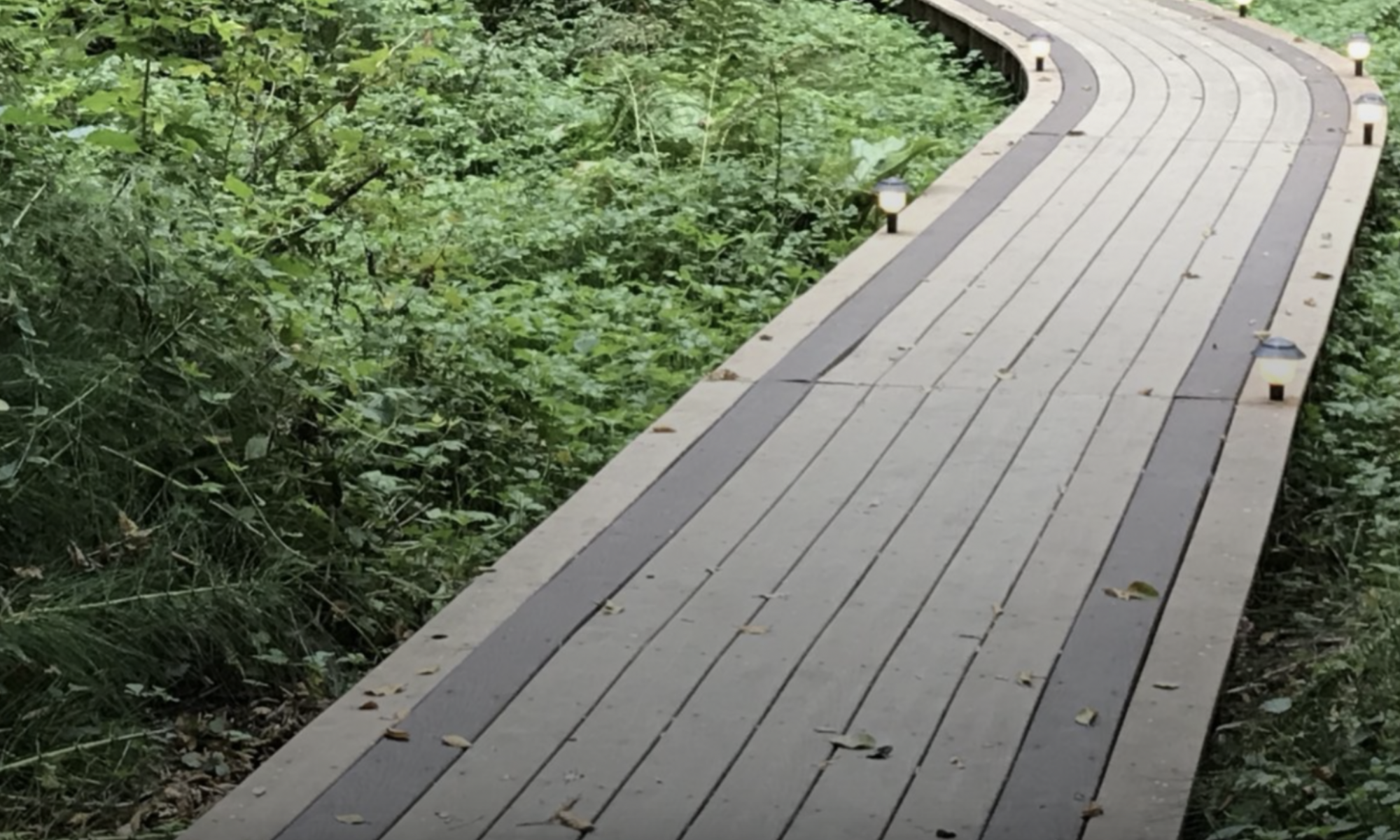I think I’ve always been the kind of human that seeks for the principles beneath the structures, the plans, and the programs. It helps me to generate patterns and begin to imagine wildly beautiful and complex systems from a starting point of simplicity.
Tonight I am co-convening a Walk Out Walk On event in Salt Lake City. It features the work of Margaret Wheatley and Deborah Frieze, found in their book by the same title. I’m excited to have many local friends meet Meg and to engage with each other around principles of healthy and resilient community.
Yesterday, in speaking with Meg, we were starting to name the general focus of the event. Meg spoke it as this basic premise: “It is possible to change at the level of belief. When you do, much more becomes possible.” Nice, isn’t it. Change behavior by changing at the level of identity. A nice invitation to awaken to a broader story of what it can mean to be human and what is possible. And from Meg and Deborah’s book, lots of good stories of this.
This fits well with my teachings and training designs of the last month. On Bowen Island in October, over the course of three days, our team invited people to explore “provocative questions,” carry them with them, and later move to “provocative premises,” that help to make belief visible.
I’ve been teaching in particular about three groups of premises. For example, from living systems theory — if you want a system to be healthy, connect it to more of itself. From emergence (and thanks to Chris Corrigan, whom I first heard this from) — emergence is what happens when everyone leaves from the party with something that nobody came with. It is an invitation to pay attention to what arises from our interactions. From self-organization — order is for free; it is the naturally occurring state from a systems view.
I’ve been inviting people to notice these, and name their own. Premises that change the game that we are playing and attending too. Premises that make irrelevant some of the things that fill most of our time.
It was similar in New Brunswick earlier this month. Kathy Jourdain and I taught about these from the perspective of “portable principles.” There were many in the group that were seeking an application level. Some of that is meeting design and project planning. Great to be in that. Some of it is also getting more of what works underneath. Portable principles to carry back to the office and reshape design and plans.
One of the best sets of portable principles that I use often comes from The Berkana Institute Engaging Communities Tool Kit. It contains a set of principles and key questions good for many settings. I often reference them as principles of freedom in design.
To change the behavior of people, change the identity. With appreciation to my many friends that work and explore at this level.



